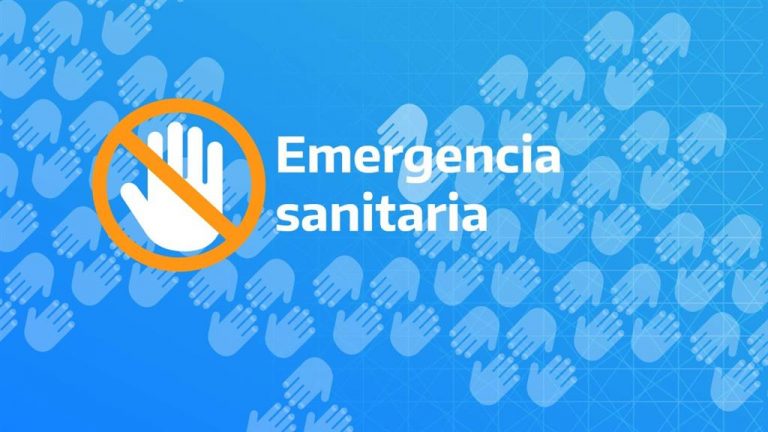The National Agri-food Health and Quality Service (SENASA) took such a decision after detecting EE virus in Corrientes, Santa Fe and Córdoba provinces past Saturday, but in addition, suspected cases were reported in Entre Ríos and neighboring Uruguay.
Plus, SENASA restricted movement and concentration of equine animals in order to reinforce health surveillance and prevention.
SENASA also started off by prioritizing vaccination campaign in sites reporting confirmed outbreaks, in addition to speeding up production, import and distribution of vaccines in the shortest possible time.
In view of the cases in Argentina, nearby countries such as Chile and Uruguay are also proceeding with the corresponding measures to avoid a large-scale spread of the disease.
Equine encephalomyelitis generates several symptoms ranging from episodes of fever, neurological and respiratory signs to death.
EE is transmitted by different varieties of mosquitoes or other insects that have previously bitten infected wild rodents or birds.
pll/npg/ymr










